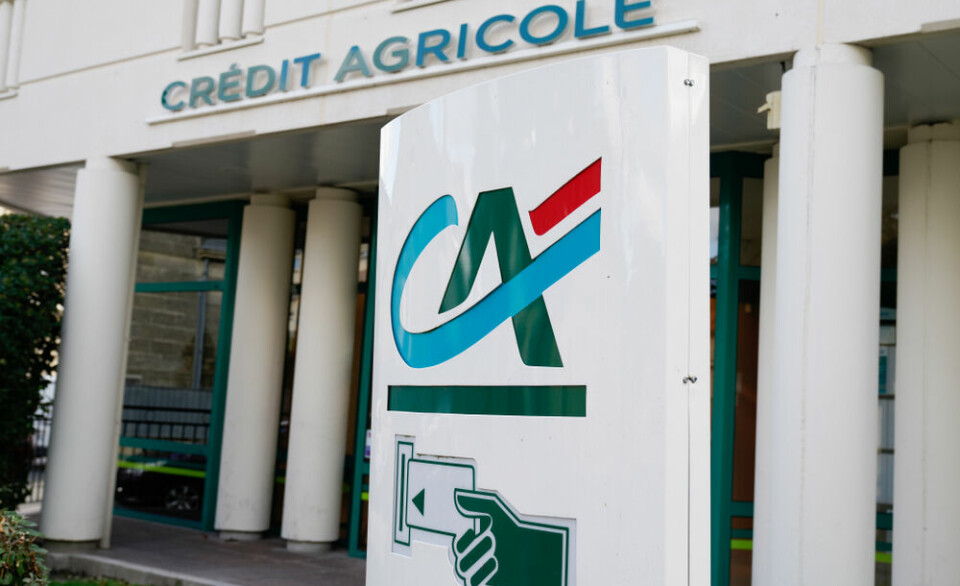-
Why it is becoming harder to park in urban areas in France
A new law is set to come into force this year
-
How ‘margin of error’ works for French speed cameras
Accidentally sped past a camera? Here is how they really record your speed
-
Is it a good idea to change car insurance providers regularly in France?
Changing can save you hundreds, but a new poll shows many are missing out
Foreign speeders set to lose ‘virtual points’
A ‘virtual driving licence points’ scheme for visitors from abroad is expected to come into force this year – but a date has yet to be set.

Up until now offenders in France whose cars are not French-registered have escaped from the punishment of losing licence points but this is set to change.
It comes as a scheme to chase up people for road traffic fines around the EU has now come into effect with the UK.
Around a sixth of cars flashed by French cameras are foreign.
In the new licence points scheme drivers, whether from Europe or anywhere else in the world, would be identified and allocated a ‘virtual’ driving licence on a French database.
As with a standard French licence, they will potentially lose points from it for offences such as speeding or going through red lights. The usual periods for recuperation are expected to apply (eg. six months for one point) along with possibility of regaining points by doing a course.
If the person loses all 12 points they will lose the right to drive in France for one year.
They would face a €4,500 fine if they drove in France while banned and potentially prison for up to two years.
Paris avocat Eric de Caumont, a specialist in road traffic law, said at present the law is not applied because a decree clarifying details is awaited, but it is due before the end of the year.
Mr de Caumont expects it will work by French authorities contacting those of the country concerned to find out who the car is registered to, at which point a letter would be sent to them. “It will be very complicated, but that’s just tough luck for them,” he said.
He expects that, as for French drivers, those contacted would then be able to contest offences and potentially avoid having points removed, though this could involve having to go to court – a process which he said can be done at a distance with help from an avocat.
“I think what will happen when a foreign-registered driver is flashed is they will get a letter asking if it was indeed them driving or, if not, if they want to say who was driving.
“If they removed points without asking the person if they were driving it would be a violation of fundamental rights.”
Since May this year a system of automatic data sharing for purposes of sending penalty notices around the EU is now in place with national driving bodies including the UK’s DVLA. That means if a UK car is flashed in France a fine notice will now be sent to the registered owner in the UK.
It was in place in 23 out of 28 EU states last year, but the UK, Denmark and Ireland had until May 6, 2017 to comply. A spokesman for the RAC confirmed it is now operational.
This means that if, for example, a driver of a UK-registered vehicle speeds, goes through a light, fails to wear a belt or helmet, drink drives, or uses their mobile while driving, the DVLA provides their details to France so a notice can be sent.
However, the spokesman said it is not known what will happen after Brexit. “As with many things, it may form part of the negotiations and we will not know whether the UK will continue to take part or not.”
Car hire firm Hertz says that where a person in France is driving a hired car when they are flashed by a camera, the authorities contact Hertz and they pass on the driver’s details and bill the customer an administration fee. They say in certain cases they are obliged to pay on behalf of the customer, but in that case they also bill for the amount of the fine.
























